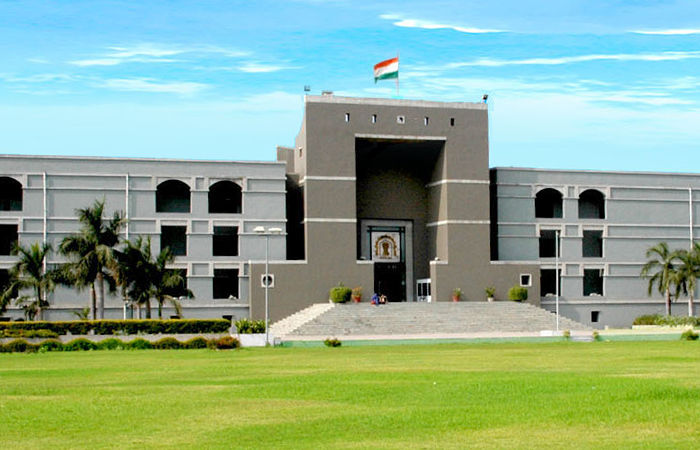The Gujarat High Court stated that the court cannot decide on the issue of whether a dispute is arbitrable or not while using its supervisory powers under Section 37 of the Arbitration and Conciliation Act.

The Gujarat High Court stated that it cannot decide on whether a dispute is arbitrable or not while using its supervisory powers under Section 37 of the Arbitration and Conciliation Act, 1996. This statement was made during an appeal against the judgment of the Special Judge (Commercial Court) and the Additional District Judge, as well as the arbitral award given by the Arbitrator. A Division Bench, led by Chief Justice Sunita Agarwal and Justice Pranav Trivedi, noted that since this issue was not addressed, the award from the Arbitrator is fundamentally flawed and contradicts the Indian Contract Act. Therefore, the award must be annulled under the limited scope of Section 37 of the Arbitration and Conciliation Act, 1996, as the Court cannot delve into the arbitrability of the dispute while exercising its supervisory powers, which are similar to the revisional powers of a court.
The appellants, who are the original claimants, argued that they leased the property to the Gujarat Metro Rail Corporation (GMRC), previously known as Metro Link Express for Gandhinagar and Ahmedabad (MEGA Company Ltd.), for five years under a lease agreement. They further claimed that the respondent took possession of the property in 2012 and that it was agreed that the respondent would return the property to the claimants at the end of the lease term.
The rent was paid as agreed until December 2013. Starting in January 2014, the respondent stopped paying the monthly rent, violating the agreement. Despite several reminders, the rent was not paid, and the property was not returned to the claimants. The respondent continued to use the property against the lease terms. The claimants then started arbitration by filing a petition under Section 11 A&C Act in the High Court, which referred the matter to an Arbitrator. As a result, the claimants regained possession of the property. The appellant then challenged the arbitral award in the High Court.
Considering these facts, the High Court stated, “As established in A. Ayyasamy, confirmed in Rashid Raza, and referenced in Avitel, ‘serious allegations of fraud’ arise only if one of the two tests is met. If the first test shows that fraud affects the entire contract and the arbitration agreement, making it void, then the arbitration clause cannot be considered valid. The court must find that the party accused of breach did not agree to the arbitration at all.” The Court also mentioned that the second test applies when fraud allegations concern the internal matters of the parties without public implications. This is relevant in cases involving the State or its agencies accused of arbitrary or fraudulent actions, which require court hearings due to their public law implications.
The allegations of fraud and collusion related to the lease agreement dated 14.09.2012 needed to be reviewed by the Arbitrator. This review was necessary to determine if the dispute could be arbitrated and whether the claims of fraud affected the entire contract and the arbitration agreement, making it invalid. The Court pointed out that the Arbitrator could not overlook the lease agreement when deciding on the issue of rent determination, especially when following the directives from the respondent company based on government policies. Additionally, if the Arbitrator found that the contract resulted from fraud as defined by Section 17 of the Contract Act, they could have directed the parties to seek remedies through the Civil Court. As a result, the High Court dismissed the appeal and overturned the previous judgment and award.
Cause Title: Shailesh Anilkumar Amin & Anr. v. Gujarat Metro Rail Corporation (GMRC) Ltd. (Neutral Citation: 2024:GUJHC:61788-DB)
Appearance:
Appellants: Senior Advocate Percy Kavina and Advocate Abhijit Rathod.
Respondent: Advocate Anuj K. Trivedi









